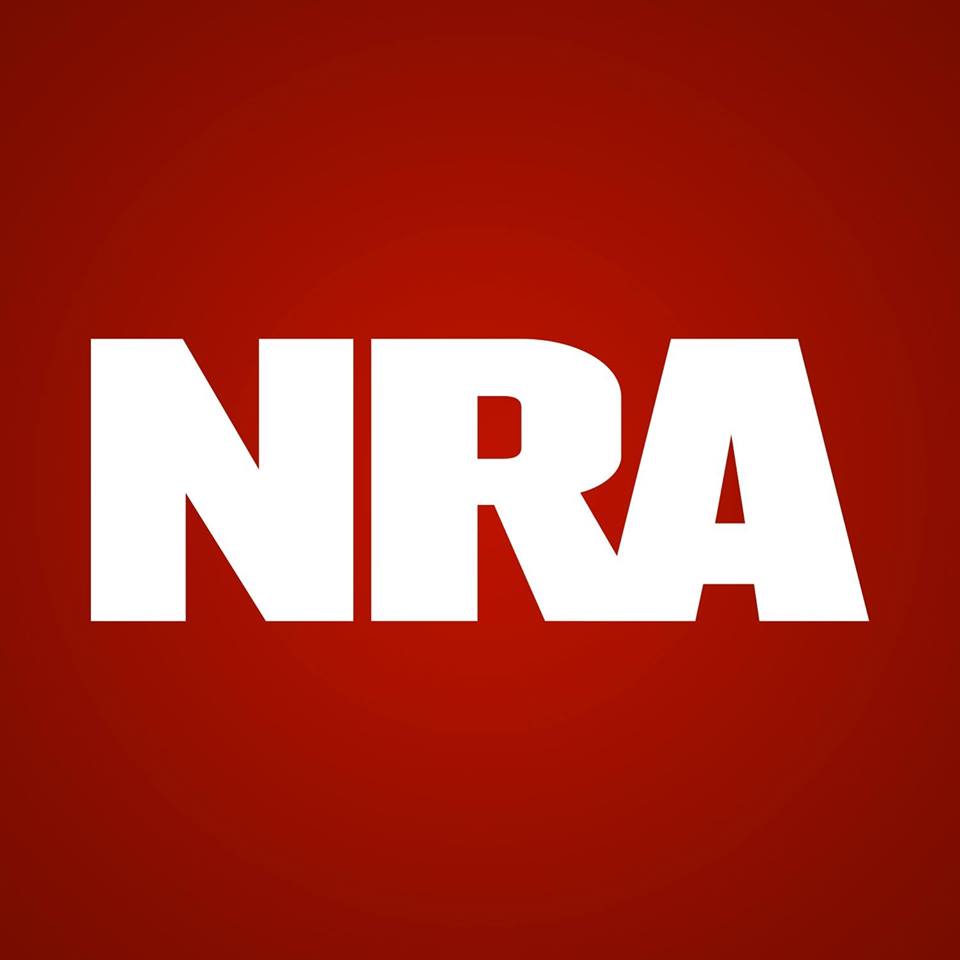| Yesterday, the State of New York’s Department of Financial Services commenced hearings over whether the National Rifle Association broke state insurance law via its various insurance offerings to members.
According to allegations made in the state’s filing, the NRA broke New York’s insurance regulations by its endorsing and marketing a variety of insurance programs to its members. In particular, the filing takes exception with the NRA’s claim that it offered coverages “at the lowest possible cost” to its members when, in fact, the Association was receiving a “substantial portion of the premiums paid by NRA members – sometimes exceeding 20%- in the form of royalties.” Further, the filing alleges the Association also failed to disclose that the NRA was, in fact, receiving royalties based on the amounts paid by its members.
A bit of insurance knowledge is required to begin to comprehend the scope of the twenty-six page filing. Insurance policies are governed by regulations that are very similar to financial securities. Since many policies are, in essence, financial instruments, anyone who’s in the business of offering them is required to have more than a basic understanding of the laws governing them.
If you’re an insurance “producer” – you’re expected to have a license in order to “sell, solicit or negotiate insurance.” The State of New York says the NRA did, in fact, behave as a “solicitor” by offering insurance to their members. In fact, the regulations define solicitation as “attempting to sell insurance or asking or urging a person to apply for a particular kind of insurance from a particular licensed insurer, fraternal benefit society or health maintenance organization.” Non-licensees, it continues, “may not be compensated for making a referral to a licensed broker.”
The New York filing is large, detailed and seems to be a first blush attempt to paint the NRA as nothing more than a huckster front peddling dubious value products to gullible members. Point of fact, however, that is not the case.
The NRA’s various programs have provided affordable insurance to an assortment of gun enthusiasts, businessmen, collectors, ranges and instructors. In fact, one FFL from Texas told me that without the NRA’s insurance, their range -and accompanying instructional programs- would be shut down almost simultaneously with the notice their insurance was cancelled.
“My instructor and range insurance is affordable,” I was told, “but it’s good coverage. It would likely cost a lot more with a carrier other than Lockton -if I can find one.”
That’s the same thing other instructors and range owners from across the country told me yesterday. While they might have issue with the NRA’s current management, they are in total agreement that the NRA’s insurance has made their businesses far more affordable.
Additionally, they remind me that the NRA is also the go-to for firearms training and their standard is what underwriters use as a minimum certification. “Where,” one range owner asked me, “would we get those certifications as ‘licensed programs” if the NRA HQ went down in flames?”
Good questions, all. And those questions beg another question: if the New York Department of Financial Services is looking to protect stat residents, why would it not work to assist the NRA with coming into compliance, rather than seeking millions of dollars in damages?
According to the NRA’s out of house counsel, William A Brewer, “The NRA believes it has been singled out to weaken gun-rights advocacy in New York.”
In fact, Brewer contends, “The NRA acted appropriately at all times.”
“The NRA did not underwrite, sell, or administer any insurance programs, period,” Brewer insists, “Instead, like countless other affinity groups, the NRA relied on insurance-industry experts to oversee and market products tailored for its members. The New York Bar Association and Habitat for Humanity have similar programs. None of those other groups have been targeted by DFS – because this announcement is about politics, not protecting consumers.”
We’ll keep you posted.
Meanwhile, the attempts to limit spread of the coronavirus has begun to impact the outdoor industry. Already, the Beijing-based China Fish and Bihai (China) Spring Fishing Expo have both been cancelled due to the government’s ban on exhibitions in the region.
But the fears over the coronavirus have had a deeper impact that has yet to reach the U.S. markets. Across China, businesses closed to observe the Chinese New Year. Many of them, including those in Shandong province, home to the majority of China’s fishing tackle industry (the supplier of much of the tackle sold worldwide), have yet to reopen due to coronavirus fears.
As containment efforts range from quarantining entire cruise ships to the two-week quarantines of airliners full of returning Americans, it’s safe to say there’s really not much officials can say at this point to assuage concerns.
With manufacturing and the flow of products now being impacted, officials worldwide are certain the full impact has not yet been felt.
Again, we’ll keep you posted.
—Jim Shepherd |
